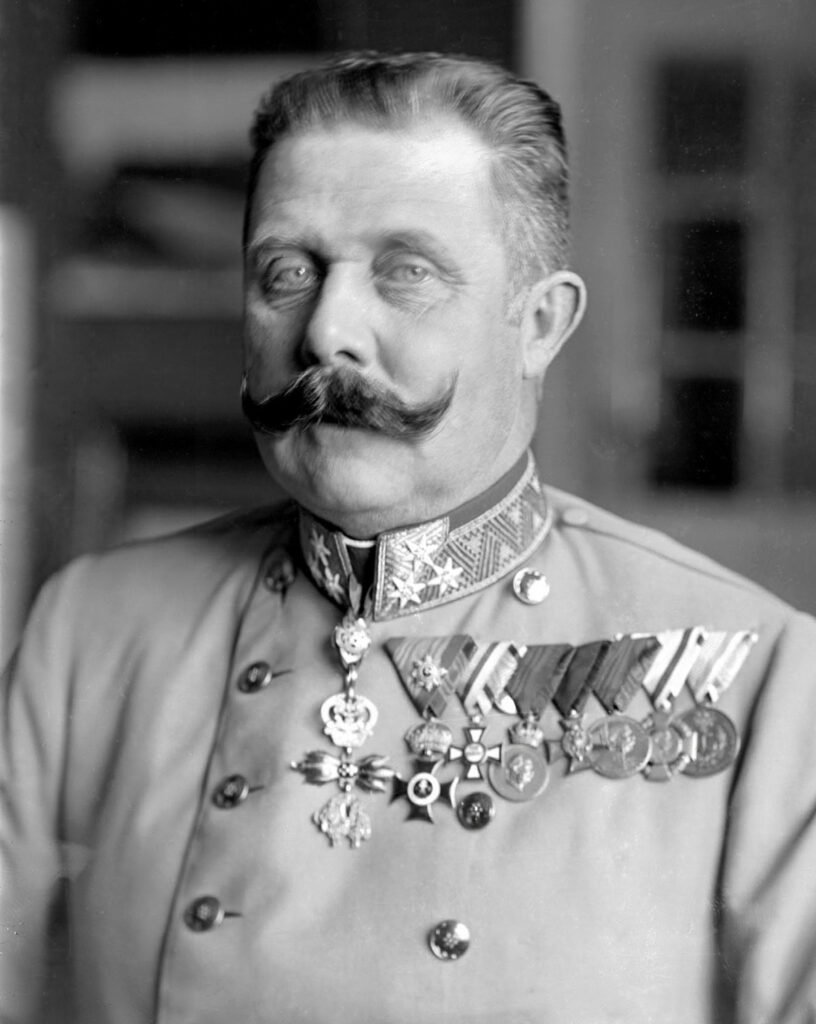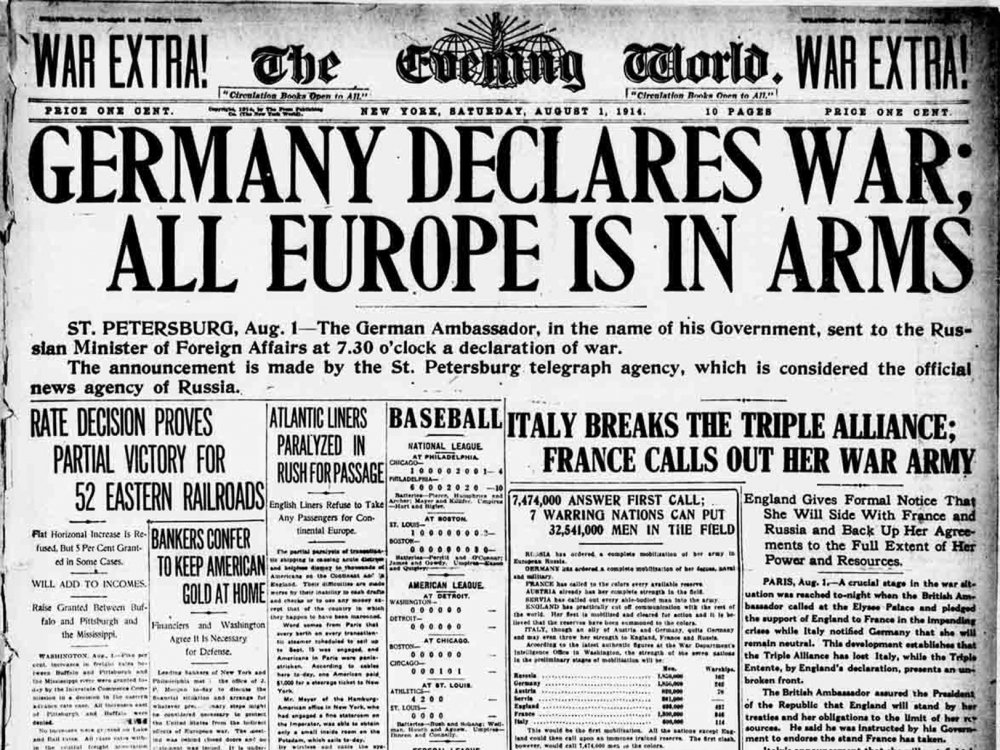“World War I: Origins, Battles, and Legacy”
- Category: Blog
- Author: Tusar
On 28 June 1914, after the assassination of Archduke Franz Ferdinand, Austria declared war against Serbia. The war gradually spread throughout the entire world. Until the day before the armistice was declared, various countries continued to join the war.
In the context of the Archduke’s assassination, Austrian commanders pressured their government to issue an ultimatum to Serbia. The Serbian government accepted most of the demands in the ultimatum, but the condition that Serbia itself conduct an investigation into the Archduke’s assassination was seen as a threat to Serbian sovereignty. After accepting all other demands, Serbia proposed that the investigation of the assassination be sent to an international tribunal in The Hague. Despite Serbia’s unanimous agreement, the Austro-Hungarian Empire, which strongly believed in German support, declared war on its Balkan neighbor Serbia. Thus began World War I..

August 1, 1914: Germany and Russia declare war on each other.
In response to Austria’s declaration of war on Serbia, Russia begins to build up its army. Serbia was Russia’s ally in the Balkans. Germany forbids Russia from intervening. The Tsar is informed that building up a Russian army at this situation would be too expensive and would weaken the borders of the Russian Empire. As a result, Germany declares war on Russia on August 1.
August 3, 1914: Germany declares war on France.
Russia’s ally is France. France ignores Germany’s request and refuses to remain neutral. The French begin to build up their reserve army and withdraw their existing soldiers from the France-German border to avoid any unforeseen events. After attacking Luxembourg on August 2, 1914, Germany formally declares war on France on August 3, 1914.
August 4, 1914: Germany declares war on Belgium and the United Kingdom declares war on Germany.
The Germans planned to attack France quickly and decisively, so that they could be knocked out of the war and all efforts could be concentrated on the Russian border. According to the plan, Germany planned to attack France through Belgium. When the Belgian government refused to allow Germany to take advantage through the country, Germany declared war on Belgium. Germany was agee to keep Britain neutral. But Britain had guaranteed Belgium’s neutrality in the Treaty of London of 1839. The British government therefore had no choice but to join the war.
